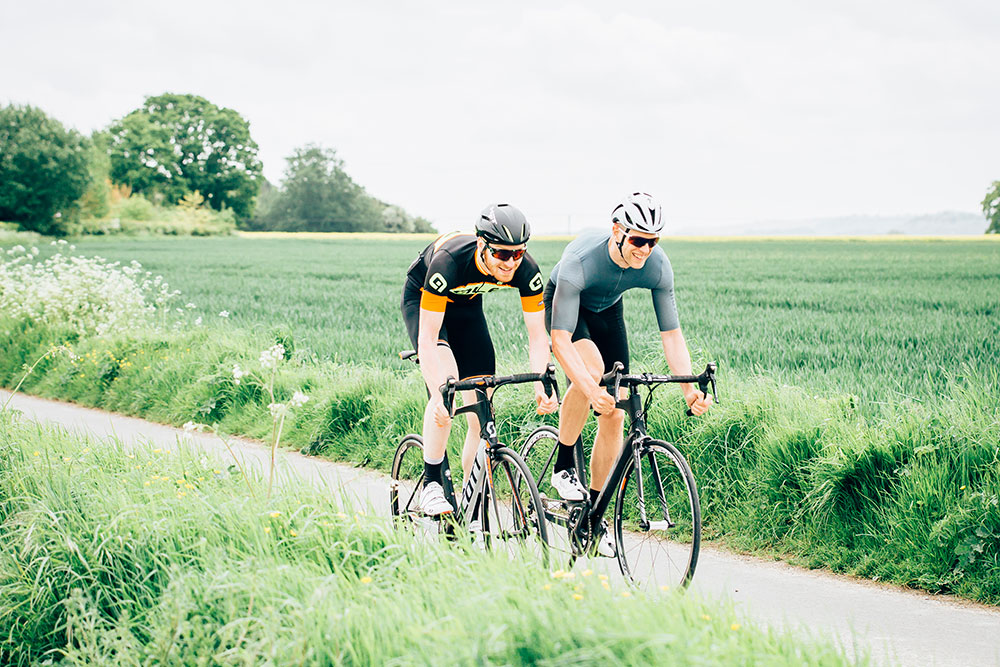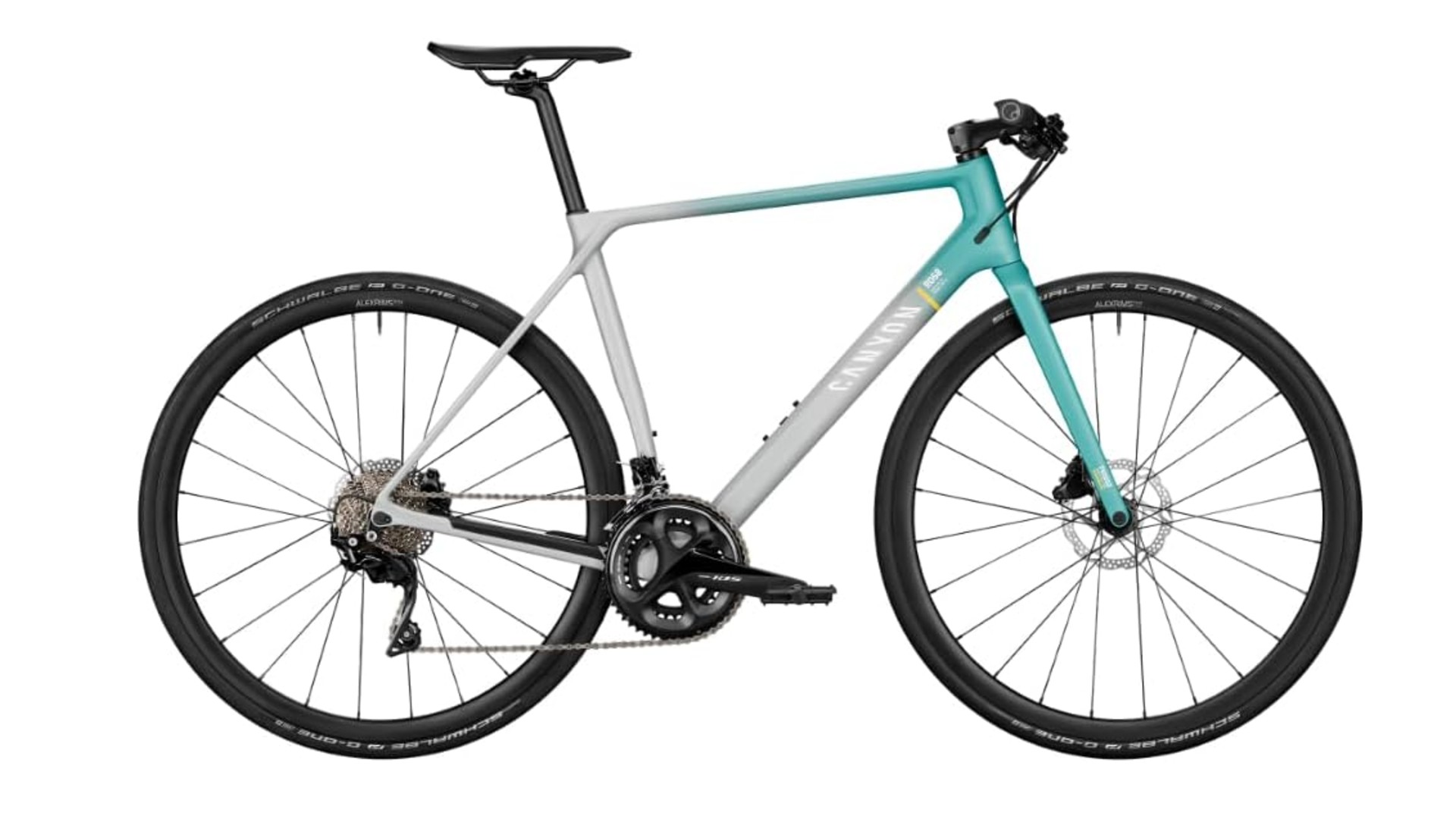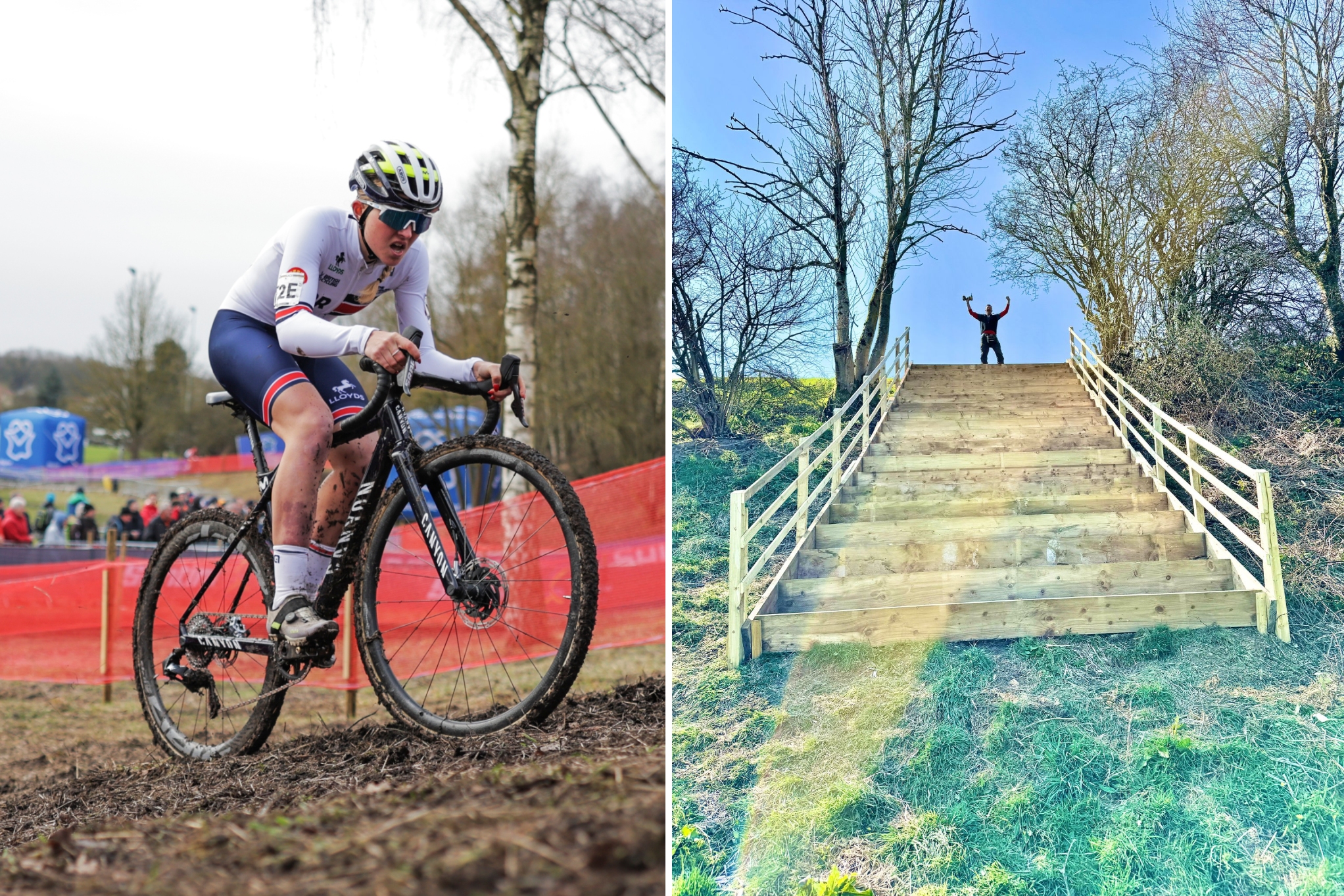New study looks at problems of low bone density and low testosterone in cyclists: participants needed
Low bone density can lead to increased risk of fractures

A new study to examine the problems of low bone density and low testosterone in cyclists is looking for participants to take part in the year-long experiment, giving them a unique insight into their health and performance.
The study by sports endocrinologist Dr Nicky Keay will be used to come up with practical and effective recommendations for cyclists to optimise health and performance based on objective scientific metrics, and also offers a number of benefits to participants.
The riders, who need to be male and hold a 2nd cat or higher racing licence, will receive two body scans to determine their body composition and two blood tests to assess their hormones, and be given advice on nutrition and exercises to improve their bone health and, hopefully, their overall fitness as well.
>>> Here's how to stop cycling leading to unhealthy bones
According to Dr Keay, the efforts of many riders to reduce their weight by consuming fewer calories than they burn through exercise may lead to a reduction in fat in the short term, but also reduces the production of a range of hormones including testosterone in men and oestrogen in women, which in turn leads to weakening of the bones.
The issue of weak bones is particularly serious for cyclists, with cycling not being a weight-bearing sport and therefore not putting bones under stress to increase their density, and many cyclists having to fit training around busy working lives meaning inadequate recovery.
A recent pilot study found that seven out of 10 amateurs had lower than average bone mineral density in their lower spine, with two having the bone density of an 85-year-old, meaning that they are at a greater risk of fractures
Get The Leadout Newsletter
The latest race content, interviews, features, reviews and expert buying guides, direct to your inbox!
Further details of the study and a form with which to sign up can be found here.
For those unable to take part in the study, there are a number of things you can do to ensure your bone health does not suffer as a result of your cycling:
- Keep a sensible eye on your nutrition: acknowledging that it can be difficult in practice, it is important to eat and drink sufficiently to avoid large energy deficits during races and long rides. Have a recovery drink soon after a ride of more than two hours to replace energy spent on the bike.
- Quality of nutrition also important to ensure adequate levels of micronutrients (vitamins and minerals). So aim for eating a range of food types, including fresh produce.
- Make sure you include skeletal loading in your training programme, for example, running, using a rowing machine or specific strength and conditioning exercises that put force through the spine.
- Ensure adequate recovery, because this is the time when the beneficial effects of training occur.

Thank you for reading 20 articles this month* Join now for unlimited access
Enjoy your first month for just £1 / $1 / €1
*Read 5 free articles per month without a subscription

Join now for unlimited access
Try first month for just £1 / $1 / €1
Henry Robertshaw began his time at Cycling Weekly working with the tech team, writing reviews, buying guides and appearing in videos advising on how to dress for the seasons. He later moved over to the news team, where his work focused on the professional peloton as well as legislation and provision for cycling. He's since moved his career in a new direction, with a role at the Department for Environment, Food and Rural Affairs.
-
 You can now buy Canyon bikes on Amazon
You can now buy Canyon bikes on Amazon'Expanding into this space is intended to meet a new consumer on an established platform,' says the German direct-to-consumer brand
-
 Funds sought for new cyclo-cross centre of excellence in the UK
Funds sought for new cyclo-cross centre of excellence in the UKFather of British pro Cat Ferguson behind community project in North Yorkshire